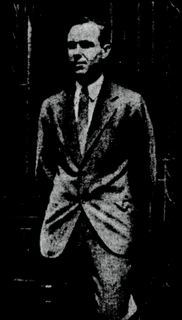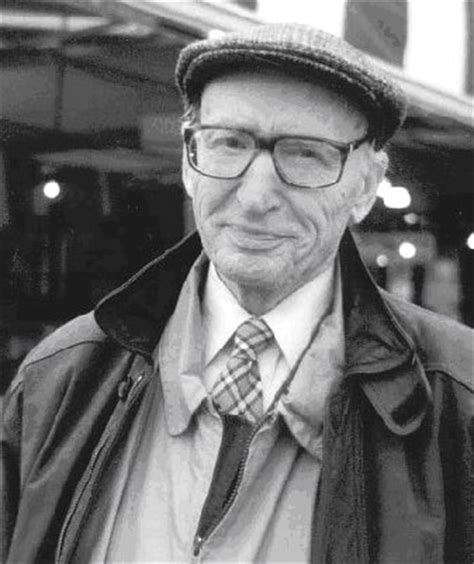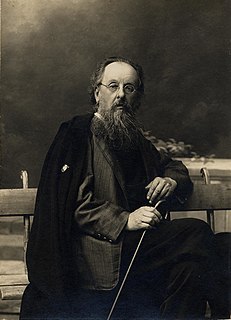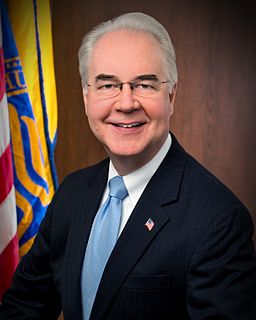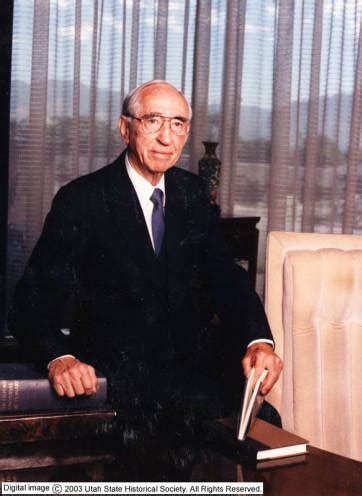A Quote by Louis J. Halle
The prospective colonization of space responds, not to the particular problems of the American nation, or of any other nation, but to those of mankind as a whole... In an ideal view, such an undertaking by mankind as a whole would tend to divert it from its present preoccupation with international conflict, would tend to channel its energies into the pursuit of a great common purpose.
Related Quotes
He that is to govern a whole Nation , must read in himself, not this, or that particular man; but Mankind; which though it be hard to do, harder than to learn any Language, or Science; yet, when I shall have set down my own reading orderly, and perspicuously, the pains left another, will be only to consider, if he also find not the same in himself. For this kind of Doctrine, admitteth no other Demonstration.
It would be difficult, indeed, to overestimate the transcendent importance of the part the railroad has played in making the Nation what it is to-day. Perhaps it would be within bounds to say that without railroads to bind the States into one homogeneous whole, the Nation never could have attained its present size and importance.
It is natural to admire and revere really great men. They hallow the nation to which they belong, and lift up not only all who live in their time, but those who live after them. Their great example becomes the common heritage of their race; and their great deeds and great thoughts are the most glorious legacies of mankind.
It is a celebrated thought of Socrates, that if all the misfortunes of mankind were cast into a public stock, in order to be equally distributed among the whole species, those who now think themselves the most unhappy would prefer the share they are already possessed of, before that which would fall to them by such a division. [as they realise their problems could be worse!]
All day long this man would toil thus, his whole being centered upon the purpose of making twenty-three instead of twenty-two and a half cents an hour; and then his product would be reckoned up by the census taker, and jubilant captains of industry would boast of it in their banquet halls, telling how our workers are nearly twice as efficient as those of any other country. If we are the greatest nation the sun ever shone upon, it would seem to be mainly because we have been able to goad our wage-earners to this pitch of frenzy.
Perhaps the highest goodness attainable is a life of service to all mankind. Such an ideal is supported in nearly every page in the Gospels-the parables, the sermons, and the countless acts of service by our Lord Himself. The ideal is not limited to any particular kind of service, nor a given quantity of service. The ideal is accepting life itself as a trust to be used in the welfare of mankind. It is a life that is glad for the chance to be of any help, an attitude that 'service is the rent we pay for our own room on earth.' (Lord Halifax)
In my view, if the Court had properly interpreted the Second Amendment, the Court would have said that Amendment was very important when the nation was new, it gave a qualified right to keep and bear arms but it was for one purpose only, and that was the purpose of having militiamen who were able to fight to preserve the nation.


